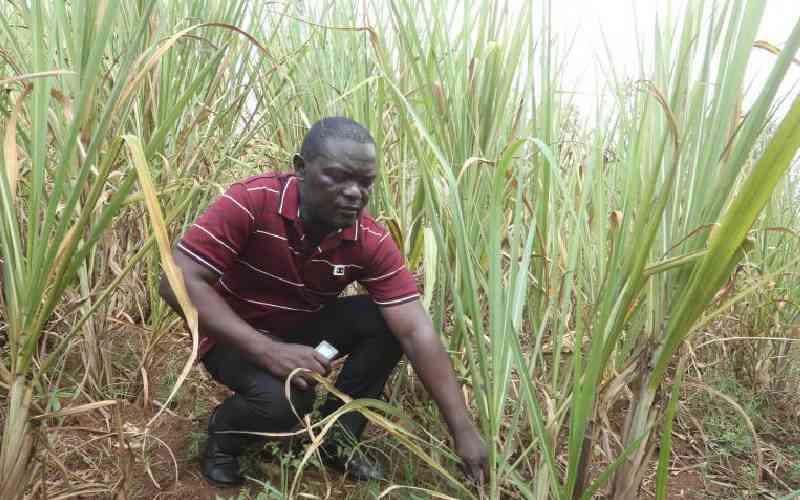×
The Standard e-Paper
Home To Bold Columnists

On May 24, the Agriculture and Food Authority (AFA) issued a landmark order. Sugarcane factories now have to get their supply from five zones due to a severe shortage of sugarcane.
AFA Sugar Directorate acting Director Jude Chesire came up with this plan to tackle the biting shortage. The price of raw sugar has reached an all-time high, with a ton selling for Sh5,500 and a kilogram of table sugar for over Sh210. Mr. Chesire intends to push sugar factories to help farmers grow more sugarcane, ensuring a steady supply.